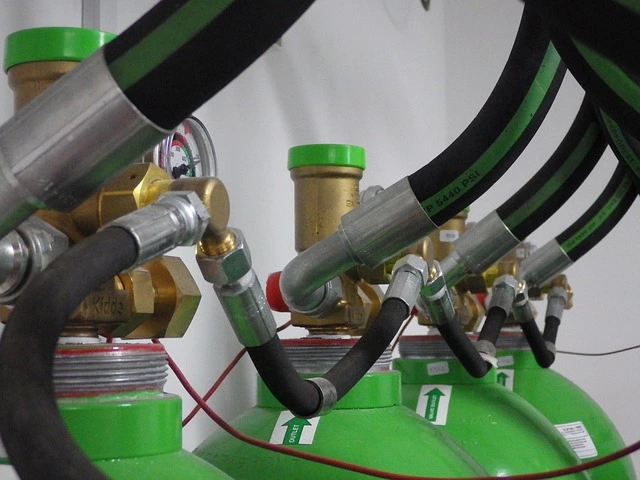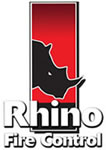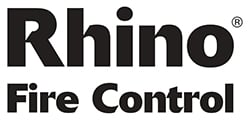
When May A Fire Suppression System Be Required?
When a fire breaks out, a rapid response is required to contain and extinguish it before major damage is inflicted on your premises and assets. A sprinkler system is often regarded as the failsafe solution, but in some buildings, it isn’t the most suitable option and could actually do more harm than good.
An alternative solution is a fire suppression system.
What Is A Fire Suppression System?
Unlike a water sprinkler system, a fire suppression system does not use water to extinguish flames. Instead, it releases an alternative suppression substance, such as carbon dioxide, chemicals, or foam as soon as a fire is detected. The system is usually integrated with fire detection devices and fire alarms, in order to tackle a blaze and provide occupants of the building with sufficient time to escape safely.
Fire suppression systems are either direct (where the source of the fire is targeted) or indirect (which allows for the wider dispersal of the extinguishing substance).
Where Are Fire Suppression Systems Installed?
The installation of a fire suppression system depends on three main factors:
- The level of risk;
- The way the room or premises is used;
- How quickly it is necessary to extinguish a fire.
Fire suppression systems are often installed in environments where a sprinkler system would be ineffective or impractical, and is likely to be chosen in the following situations:
- Water from a sprinkler system would not be an effective way to fight a fire, such as in an industrial unit where oil is stored.
- It would be unsafe to use water to tackle a blaze due to the presence of electrical equipment.
- Water would cause extensive damage to vulnerable equipment, such as in a server room, communications hub, or IT data centre.
- There is an elevated risk of fire due to the way the room is used, for example in a manufacturing workshop.
Contact Rhino Fire Control For More Information About Fire Suppression Systems
Although it is not a legal requirement to install a fire suppression system, UK premises managers should ensure that their fire risk assessment is up to date, as this will determine whether fire suppression would be the most suitable and effective method of tackling a blaze.
As an experienced and qualified fire suppression system supplier and installer, Rhino Fire Control can assess your business’s needs and design the most effective active protection to minimise the damage caused by an unexpected blaze. To find out more about our services, please get in touch today on 01278422705.
Image source: Pixabay


